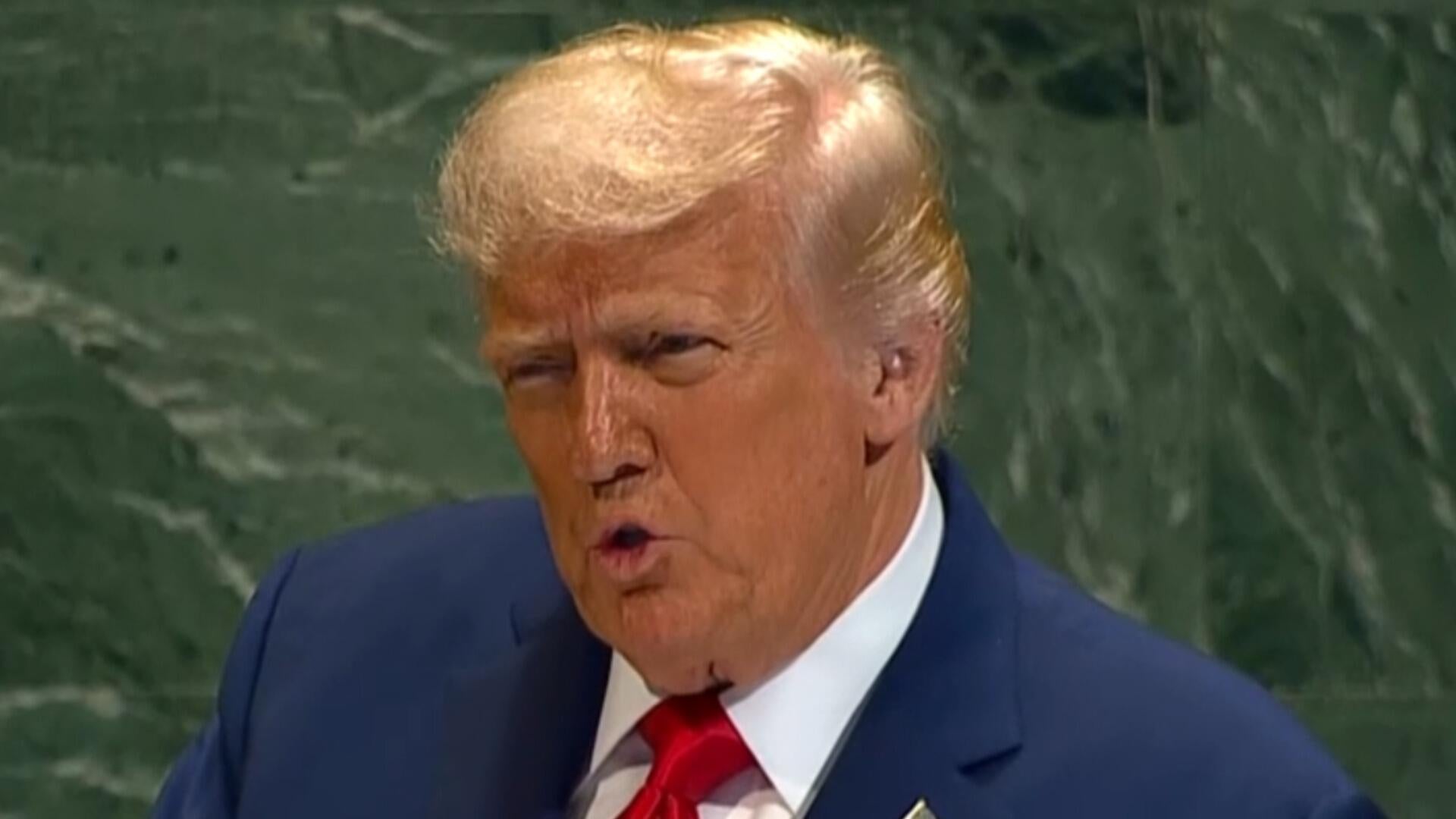
During a United Nations address, a world leader made unfounded claims about the mayor of London, alleging the city was undergoing significant negative changes and aspired to adopt Sharia law. These comments, echoing long-standing far-right conspiracy theories, directly targeted the mayor, the first Muslim to hold the position. The mayor’s office swiftly denounced the remarks as “appalling and bigoted,” emphasizing London’s status as a globally renowned city and highlighting its safety record, which surpasses that of several major U.S. cities. A spokesperson for the mayor’s office pointedly refused to engage in a substantive response to the inflammatory statements.
The White House, in response, offered a defense of the leader’s comments, asserting that unchecked migration into Western nations poses a global security risk. This assertion, however, failed to address the specific and unsubstantiated claims made regarding London and its mayor. Several prominent British politicians, including members of the ruling party, came to the mayor’s defense, refuting the allegations and highlighting the mayor’s commitment to improving various aspects of London’s infrastructure and social fabric. One politician specifically stated on X that the mayor was not attempting to implement Sharia law.
This public spat reignited a long-standing conflict between the world leader and the London mayor. Their history of disagreements dates back to 2015, when the mayor strongly criticized the leader’s call for a “total and complete shutdown of Muslims entering the United States,” a statement made following a terrorist attack in California. The call for a ban, detailed on national security grounds, was followed by an executive order that restricted travel to the U.S. from several predominantly Muslim countries. This initial clash marked the beginning of a protracted and often acrimonious exchange between the two figures.
The recent remarks by the world leader built upon previous criticisms, including the assertion that the London mayor was among the “worst mayors in the world” and a request that the mayor not attend a state banquet. Further fueling the controversy, the world leader repeatedly claimed a dramatic increase in crime rates in London during the mayor’s tenure, citing figures that suggest a significant rise in overall and violent crime over the past decade. While acknowledging this increase, data from the Metropolitan Police indicates that London’s homicide rate remains lower than that of several major U.S. cities, including Washington, D.C., as evidenced by U.K. office for National Statistics data and data cited by the White House. This comparison further underscores the complexities and nuances surrounding the accusations leveled against the London mayor. The continued public disagreement highlights a deeper political and ideological rift between the two leaders, showcasing a broader tension concerning immigration policies and the role of religious identity in public life.

